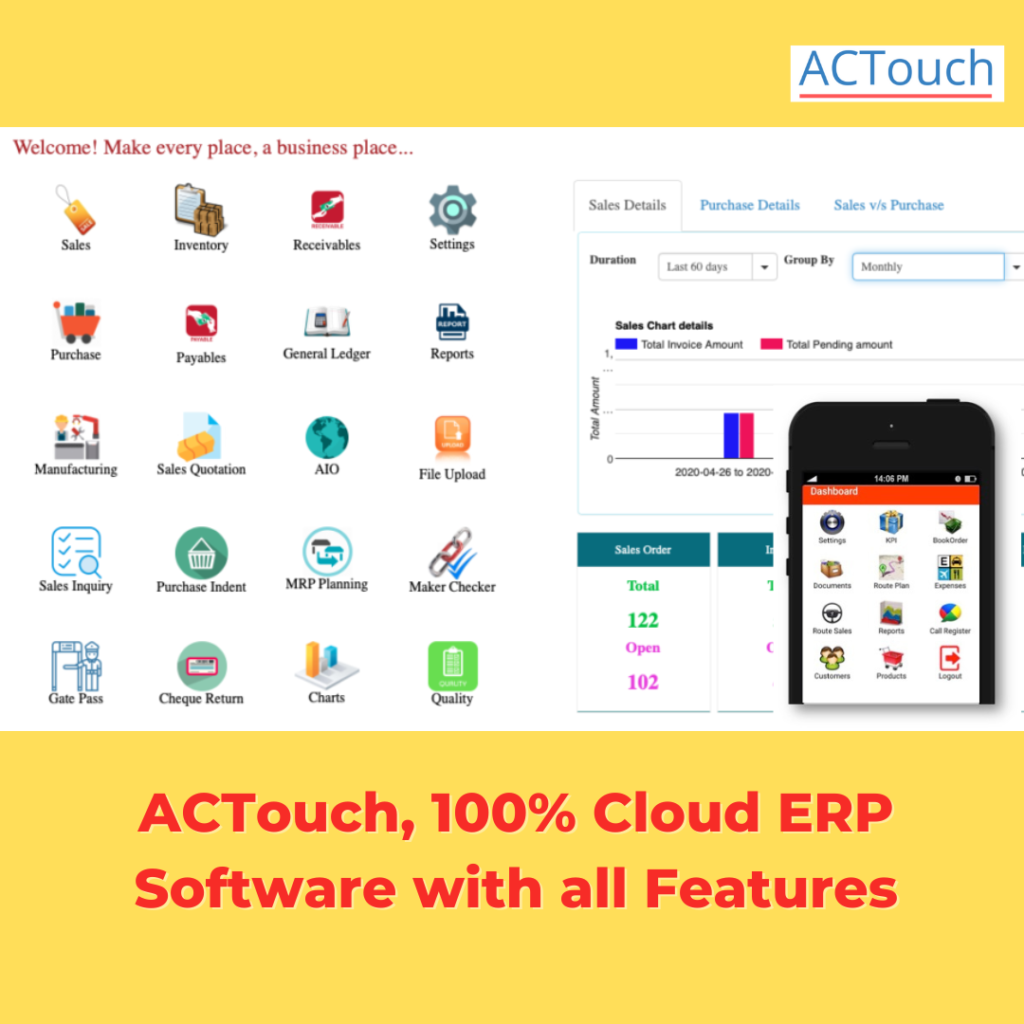Maximizing Business Efficiency with Reimbursable Expenses
What are Reimbursable Expenses?
Reimbursable expenses refer to the costs incurred by employees or individuals on behalf of their employers or clients, which are later reimbursed by the company or client. These expenses typically include business-related costs/ Business Expenses that employees pay out of pocket, such as travel expenses, meals, transportation, office supplies, and other miscellaneous expenditures directly related to business activities.

What is Reimbursement?
Reimbursement is the process by which employees or individuals are compensated for the expenses they have incurred on behalf of their organization or client. It involves submitting expense reports, receipts, or supporting documentation to the company or client for validation and subsequent repayment. Some expenses like travel costs, Employee expenses, office expenses, Medical expenses, business travel expenses, fuel costs, out of pocket expenses are claimed through expense claims process.
Some of these are depending on each companies expense reimbursement policy too. Based on company policy, health insurance plan or health insurance premiums, corporate cards or credit cards are also reimbursed. Each company has a list of the items that reimbursable and non-reimbursable expenses etc. Business expense reimbursements are paid through Accounts Payable process. Few companies use expense management tool.
Types of Reimbursable Expenses?
Reimbursable expenses encompass a wide range of costs that employees or individuals incur while conducting business activities on behalf of their organization or client. These expenses are considered legitimate business expenditures and are later reimbursed by the company or client. Understanding the different types of reimbursable expenses is essential for businesses to establish clear expense policies and ensure accurate reimbursement processes. Here are the main types of reimbursable expenses:
Travel costs
Travel Costs are among the most common reimbursable expenses incurred by employees who travel for business purposes. These expenses may include:
a. Airfare: The cost of flight tickets purchased for business trips.
b. Accommodation: Costs related to hotel stays during business travel.
c. Ground Transportation: Reimbursement for Costs incurred on taxis, rental cars, or public transportation during the trip.
d. Meals: The cost of meals purchased while traveling for business purposes.
e. Per Diem: A daily allowance provided to cover meals and incidental expenses during business travel.
Transportation Expenses
Transportation Costs included costs associated with local commuting or travel to attend meetings, conferences, or client visits. Common transportation costs include:
a. Local Commuting: Reimbursement for costs related to daily commuting between home and the workplace or between different office locations.
b. Client Visits: Costs incurred when visiting clients or customers at their location.
c. Mileage: Reimbursement for business-related vehicle usage, often calculated based on the number of miles traveled.
d. Parking and Tolls: Reimbursement for costs related to parking fees and tolls incurred during business-related travel.
Office Supplies
Reimbursable office supplies include expenses incurred for purchasing necessary items to support work activities. These may include:
a. Stationery: Expenses related to pens, paper, notepads, and other office essentials.
b. Printing and Photocopying: Costs associated with printing documents and making photocopies for business purposes.
c. Software and Subscriptions: Reimbursement for software licenses and subscriptions used for work-related tasks.
d. Office Equipment: Expenses for purchasing or maintaining office equipment, such as printers or scanners.
Client Entertainment
Client entertainment Costs refer to costs incurred while entertaining clients, potential customers, or business partners to strengthen relationships or promote business. These may include:
a. Business Meals: Reimbursement for meals or drinks purchased during business meetings with clients.
b. Events and Activities: Costs related to hosting events, outings, or recreational activities with clients.
c. Gifts: Reimbursement for gifts or tokens of appreciation given to clients or partners.
Training and Professional Development
Reimbursable training expenses include costs associated with enhancing employees’ skills and knowledge to improve their performance. These may include:
a. Course Fees: Reimbursement for fees paid to attend workshops, seminars, or training programs.
b. Study Materials: Expenses incurred for purchasing books, study materials, or online courses.
c. Certification Exams: Reimbursement for exam fees to obtain professional certifications.
Miscellaneous Expenses
Miscellaneous reimbursable expenses encompass various other business-related costs that do not fit into specific categories. These expenses may include:
a. Business Communication: Reimbursement for business-related phone calls, internet expenses, or communication services.
b. Postage and Shipping: Costs associated with sending business-related documents or packages.
c. Conference and Membership Fees: Reimbursement for fees related to attending conferences or joining professional associations.
d. Home Office Expenses: Reimbursement for expenses incurred while working from home, such as internet bills or office supplies.
It’s essential for businesses to establish clear expense policies and guidelines to ensure that reimbursable expenses are incurred responsibly and within reasonable limits. By properly managing reimbursable expenses, businesses can control costs effectively, promote employee satisfaction, and maintain transparency in financial processes.
|
Examples of Reimbursable Expenses
Here are a few examples of reimbursable costs:
a. John, a sales representative, travels to attend a business conference. The company reimburses him for the conference registration fee, airfare, hotel accommodation, and meals during the trip.
b. Sarah, a consultant, incurs transportation expenses while commuting to the client’s location for meetings. The client reimburses her for these expenses as part of the consulting agreement.
c. Michael, an employee, purchases office supplies for his department. The company reimburses him for the expenses upon submission of the receipt.
Is Reimbursable Expenses Taxable?
Reimbursable expenses are typically not considered taxable income for employees. Since these expenses are merely being reimbursed for costs already incurred, they do not contribute to an individual’s taxable income.
What is Billable and Reimbursable Expenses?
Billable expenses are costs incurred during a project or job that can be directly billed to a client or customer. On the other hand, reimbursable expenses are costs incurred by employees that are later reimbursed by the company.
FAQ on Reimbursable Expenses
What is a Reimbursable Claim?
A reimbursable claim is a formal request submitted by an individual to the employer or client, seeking reimbursement for business-related expenses incurred.
What is an Example of a Reimbursement Expense?
An example of a reimbursement expense could be an employee paying for a business lunch with clients and later being reimbursed for the cost by the company.
What are Non-Reimbursable Expenses?
Non-reimbursable expenses are costs that are not eligible for reimbursement by the company or client. These expenses are usually considered personal or non-business-related.
What is Reimbursement in Simple Words?
Reimbursement is the process of getting back money spent on business-related expenses by submitting appropriate documentation to the employer or client.
Is Reimbursement an Expense or Income?
Reimbursement is not considered income as it involves returning money spent on expenses, rather than receiving additional income.
What is a Reimbursable Invoice?
A reimbursable invoice is a billing document submitted by a vendor or service provider to the client, requesting reimbursement for specific expenses incurred during the project.
What is Another Name for Reimbursable Expenses?
Reimbursable expenses are sometimes referred to as expense reimbursements or reimbursed expenses.
What are Reimbursable Items?
Reimbursable items refer to the specific expenses or items that are eligible for reimbursement according to the company’s policies and guidelines.
Embracing reimbursable expenses can significantly benefit businesses by streamlining financial processes, enhancing employee satisfaction, and ensuring accurate expense tracking. By understanding the various types of reimbursable expenses and their implications, businesses can foster a more efficient and cost-effective approach to managing business-related expenditures.

